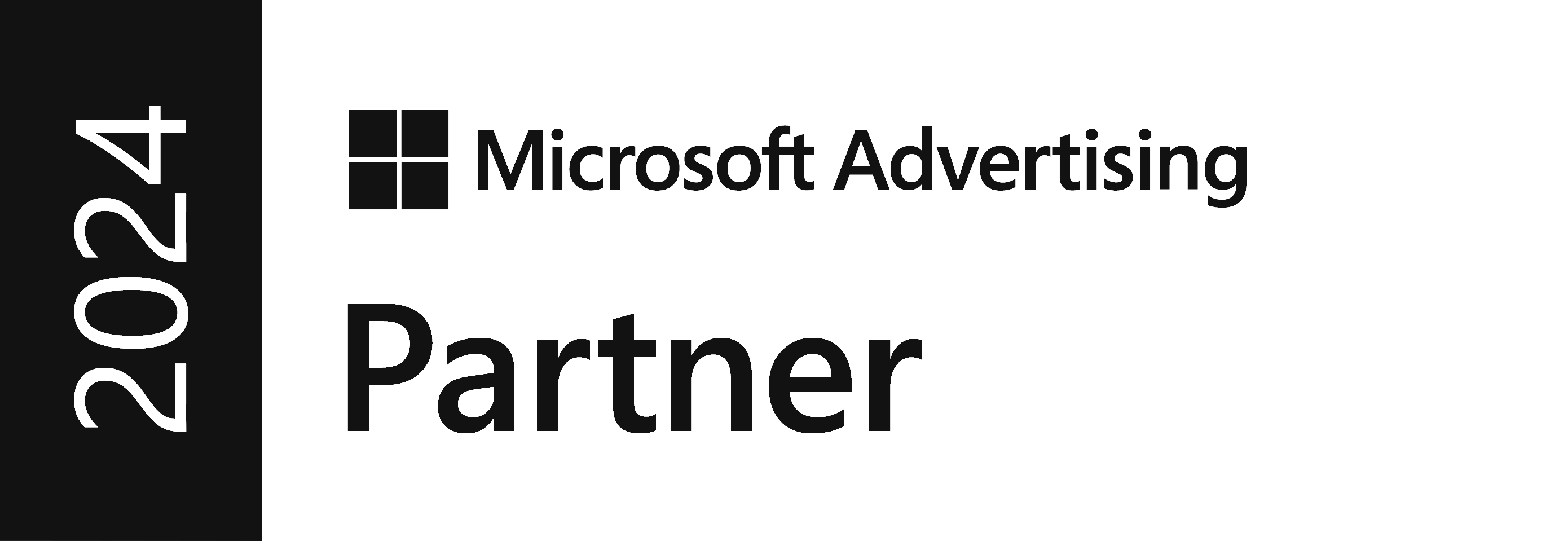Title tags are the backbone of SEO, essentially acting as the virtual signpost for your web pages. Picture this; you're scouring Google for the healthiest breakfast foods, and voila! There it is, the title tag, right at the top of the search results, guiding your click.
I’ve made it sound a lot more exciting than it is, but a bit of showmanship isn’t a bad thing, is it?
With SEO constantly shifting, it's fair to ask: are title tags still as crucial as they might have been in the past? Well, let's dig a little deeper and find out, shall we?
Understanding the Purpose of Title Tags in SEO
Title tags act as concise summaries or headlines for web pages, visible in search results and browser tabs. Their main job? To accurately represent what the page is all about, giving users a sneak peek before they click.
For example, if it's all about "Healthiest Breakfast Foods," that title tag better reflect the vibe. And let's not forget the impact on user experience; a catchy title can reel in clicks, while a rubbish one might send people running in the opposite direction. As well as this, search engines rely on these tags to understand page content, factoring them into their ranking systems.
By keeping title tags relevant and clear, you can avoid high bounce rates and keep users on the right track. Bottom line? Crafting great title tags benefits both users and search engines, boosting engagement, polishing up SEO, and guiding users straight to the good stuff.
How to Optimise Your Title Tags
To make sure your title tags pack a punch for both SEO and user experience, it's crucial to follow a few key best practices designed to maximise their impact:
Relevance and Clarity
Ensuring that title tags accurately depict the content of the page is paramount. Vague or generic phrases should be avoided at all costs, as users should have a clear understanding of what awaits them upon clicking through to the page. A title tag that succinctly summarises the content not only helps SEO, but also enhances user engagement and satisfaction.
Keyword Placement
Strategic placement of target keywords within the title tag can significantly boost SEO effectiveness. By positioning keywords closer to the beginning of the title, you increase the likelihood of search engines recognising the relevance of the page to user queries. However, it's essential to maintain readability and natural language flow to avoid appearing spammy or manipulative.
Length
While crafting title tags, you should aim for a concise length of 50–60 characters. This ensures that the entirety of the title tag is visible in search engine results pages (SERPs), meaning it doesn’t get cut off, allowing you to maximise visibility and click-through rates. Lengthier titles risk being truncated, potentially compromising the clarity and effectiveness of the message conveyed.
Uniqueness
Each page on a website should feature a unique title tag. This not only helps to differentiate content, but also helps search engines in understanding the distinct nature of each page. Duplicate title tags across multiple pages can confuse both users and search engine algorithms, potentially leading to decreased visibility and relevance in SERPs.
Brand Name
Incorporating your brand name within title tags can significantly enhance brand visibility and recognition. This not only reinforces brand identity, but also establishes credibility and trust with users. Including the brand name in title tags ensures consistency across various online platforms and reinforces the association between the brand and its content offerings.
Avoid Stop Words
Excluding unnecessary stop words from title tags streamlines their clarity and improves overall readability. Stop words such as "and," "the," and "in" typically add little value to title tags and can detract from the effectiveness of the message conveyed. By eliminating unnecessary clutter, title tags become more concise and impactful.
Emotional Appeal
Crafting title tags that evoke curiosity, urgency, or interest can significantly increase click-through rates. Engaging users on an emotional level encourages interaction and enhances user engagement with the content. By tapping into emotions, title tags can compel users to act and explore further, ultimately driving traffic and boosting SEO performance.
Local SEO
For businesses serving specific geographic locations, including relevant local keywords in title tags is essential for optimising local SEO. Incorporating location-specific terms helps to target relevant audiences and improve visibility in local search results. By aligning title tags with local search intent, businesses can attract nearby customers and drive foot traffic to physical locations.
SERP Appearance
Utilising tools like Google's SERP snippet preview enables webmasters to preview and optimise title tag appearance in search results. By fine-tuning title tags for maximum visibility and appeal, you can optimise your businesses SERP presence and improve click-through rates. Monitoring and optimising SERP appearance ensures that title tags effectively capture user attention and drive traffic to your website.
Test and Monitor
Regularly reviewing title tags and analysing performance metrics is crucial for maintaining SEO effectiveness. By monitoring user engagement, click-through rates, and search engine rankings, you can make data-driven adjustments to title tags as needed. Continuous testing and optimisation ensure that title tags remain relevant, compelling, and aligned with evolving search trends and user preferences.
Example of a Poorly Optimised vs. Improved Title Tag
Bad Title Tag
“Welcome to Our Website | Check Out Our Healthy Breakfasts, Coffee and More! Come in Today!”
- This title tag is too long (more than 60 characters)
- It includes generic terms like “Welcome” which don’t provide specific information
- Doesn’t include the name of the business
Good Title Tag
“Our 5 Favourite Healthy Breakfasts | Digsy’s Diner.”
- This title tag is concise (within the recommended length)
- It includes relevant keywords
- The brand name is placed at the end
What Exactly Does Google Say About Title Tags in SEO?
Google agrees that title tags should be engaging, keyword focused and reflect what is on the page before you click on it, which is what we’ve been through already. However, when it comes to title tag length, that’s a different kettle of fish.
In a Search Off the Record episode, Google’s John Mueller had this to say about title tags:
“The title length, that’s an externally made-up metrics… Technically, there’s a limit, like how long can it be anything in the page, but it’s not a small number. It’s not 160 characters or whatever– 100, 200, 20, or whatever. Try to keep it precise to the page, but I would not think too much about how long it is and whether it’s long enough or way too long. If it fills up your screen, then probably it’s too long, but if it just one sentence that fits on one line or two lines, you’re not going to get a manual action for it.”
Basically, John suggests focusing on creating titles that accurately reflect the content of the page, without worrying about a character count too much.
Nowadays, Google is encouraging SEO professionals to adopt a more holistic approach towards digital marketing, and that they should focus more on delivering meaningful and engaging content, rather than worry too much about aspects that Google can change itself anyway.
Yes, Google can change your title tags, which leads us onto...
The Controversy with Title Tags in SEO
In August 2021, Google implemented a significant update concerning title tags, allowing them to basically change what you had written for that page, if they felt it was for the best. If your meta titles exceeded “optimal length”, were stuffed with keywords, or contained repetitive "boilerplate" language, such as home pages labelled simply as "Home", they’ll be changed.
While this intended to enhance user experience and improve search relevance, it caused concern within the SEO community. With reports of instances where title tag rewrites resulted in unintended consequences, such as a drop in traffic to the page, this update led to a lot of discussion and criticism.
So, even if you were to create the perfect title tag based on my recommendations, there’s a chance Google might not accept it.
Is Title Tag Length Really That Big of an Issue?
This is a tricky one, as opinion on the internet is divided. What a shock!
In an article by Search Engine Land, you don't have to adhere strictly to the 55-60-character limit for your title tags. Your titles can, and should, stretch to the necessary length within reason. Shorter titles offer no additional SEO benefit:
- They risk rewrites in search results
- They may still get truncated
- Their brand names could be omitted
In essence, what they’re saying is that instead of shortening your title tags to be between the character limit, you should instead prioritise optimising them for ranking first, even if they exceed the 60-70 character limit. Search Engine Land make a fair point that in Google’s ‘Title Links’ document, there is no mention of length anywhere throughout.
On the contrary, other well-known businesses in the digital marketing landscape suggest that title tags should still be between 50-60 characters in length, and that the length of them still plays a significant role in SEO.
As being someone who uses the internet way too much, and being a digital marketer for 3.5 years now, I do think you should still aim to keep your meta titles between 50-60 characters. Not only is it good practice, but:
- Staying within this range ensures that your entire title is visible to users, increasing the likelihood of clicks
- A shorter title forces you to be concise and focus on the most relevant keywords
- It encourages you to create a clear, descriptive title that accurately represents the content of your page
- A well-crafted title can attract users’ attention and encourage them to click through to your website
- On mobile devices, space is limited, and shorter titles work better, so optimising for mobile is crucial.
- Truncated titles can confuse users and reduce their interest in clicking on your link.
- Users tend to focus on the initial words when scanning search results.
Are Title Tags in 2024 Still Important?
In the end, it's not just about following arbitrary character limits or the latest trends. It's about creating meaningful connections with users, guiding them to relevant content, and ultimately, driving success. If your meta title is over 60 characters in length, it’s fine, just make sure that you utilise keywords and make sure you’re accurately reflecting what is on the page.
So, despite various opinions, one thing remains certain; the impact of title tags on SERPs and user engagement cannot be understated. In other words, yes, they're still very important.
If you need help with SEO, don't hesitate to contact us today.
1st Floor, Alphin Brook House,
Alphin Brook Road,
Exeter EX2 8RG
MORE THAN
Digital
Marketing.
View our sustainability page.
PPC for B2B
PPC for Law Firms
PPC for Luxury Ecommerce Brands
PPC for Travel and Tourism
GEO Audit






